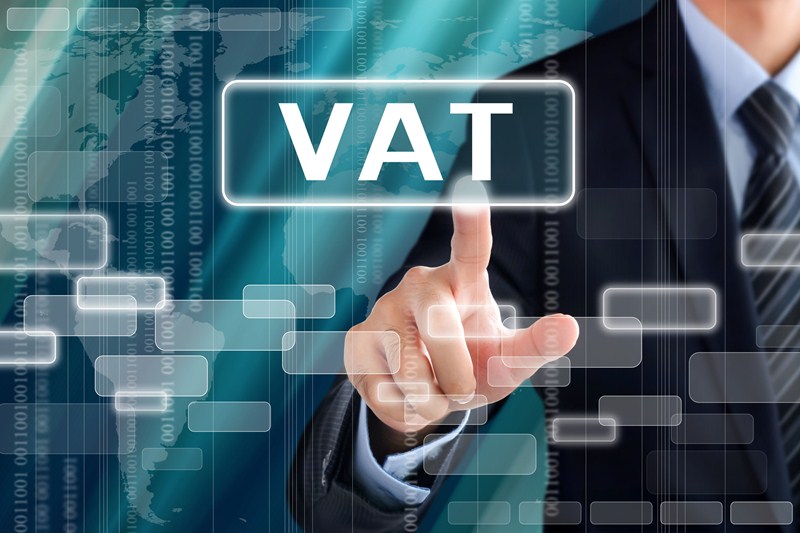Organisations across the country will be able to demonstrate that their new artificial intelligence and digital innovations meet regulatory requirements so they can quickly bring them to market.
In their press release published 19 September 2023, the Department for Science, Innovation and Technology said:
A new pilot scheme set to launch next year will see a number of regulators develop a multi-agency advice service providing tailored support to businesses so they can meet requirements across various sectors while safely innovating – including through innovative technologies such as AI.
Backed by over £2 million in UK government funding, the streamlined service is intended to make it easier for businesses to get the help they need, by bringing together the different regulators involved in the oversight of cross-cutting AI and digital technologies.
In turn, businesses will be able to take their new innovations to market responsibly and more quickly, helping to grow the UK’s economy.
With digital technologies such as artificial intelligence needing increasingly to demonstrate compliance with a range of regulatory regimes, there is a growing need for joined-up advice across the regulatory landscape. This pilot scheme will meet business demands for coordinated support and help innovators navigate regulations, so they can spend more time developing cutting edge new products.
The service will be run by members of the Digital Regulation Cooperation Forum (DRCF), made up of the Information Commissioner’s Office, Ofcom, the Competition and Markets Authority and the Financial Conduct Authority, and known as DRCF AI and Digital Hub.
The DRCF came together as a voluntary collaboration in 2019, launching formally in 2020, and works to explore emerging regulatory issues which cut across the remits of the four regulators with the goal of making it easier for industry to comply with multiple regulatory regimes.
The trial is expected to last around a year, and will assess industry take up, service feasibility and how innovators are interacting with it. Innovators and businesses requiring advice will be invited to apply in due course with the DRCF expected to run a competition for innovators to outline where they need support from regulators to ensure innovative new technologies comply with cross-cutting regulatory regimes. Successful applications will be selected against criteria agreed jointly by regulators and the department.












